Teach Truth: Resist Efforts to Censor and Whitewash History
The accurate history of American slavery should be taught to children in age-appropriate and honest ways that develop critical thinking, while recognizing that Black history is U.S. history and goes beyond slavery. These LFJ publications—including Teaching Hard History: American Slavery, a K-12 curriculum framework—reinforce the importance of teaching this history honestly and provide resources for educators and parents.
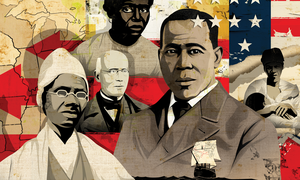
Teaching Hard History: American Slavery

Survival, Resistance and Resilience
Honor Black, Indigenous and People of Color Mental Health Month
It’s essential to reduce the stigma associated with mental health and to affirm practices for wellness—especially during Black, Indigenous and People of Color Mental Health Month. These LFJ resources remind us of the ongoing impact of racism and bias and provide recommendations to support adults in helping young people during these polarizing times.
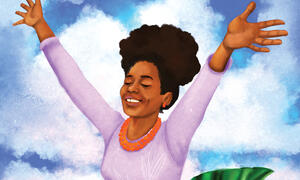
Self-Care in the Movement
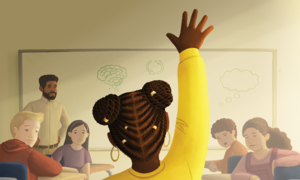
Black Minds Matter
Honor the Fourth of July With a Commitment to Democracy
“Democracy is not a state. It is not some high plateau that we struggle to reach so we can finally settle down to rest. Democracy is an act. It is an act that requires participation, organization and dedication to the highest principles.” —Rep. John Lewis
This Fourth of July, commit to the movement for democracy, human rights and justice. Understanding the honest history of the United States means contextualizing this holiday into the complex relationship between the U.S. and its citizens of color.
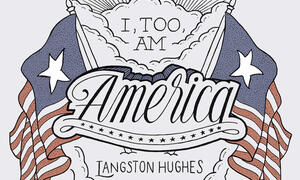

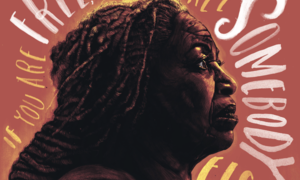
Disability Is Diversity: Focus on Creating Inclusive Environments
“Disability is the way other people don’t accommodate you or respond to you.”
—Ashley Dalton, Southern Poverty Law Center
Changing the learning environment to be more inclusive—instead of a focus on changing the learner—creates opportunities for accessible education practices that benefit all young people. These LFJ magazine articles explain how, for children to thrive in more inclusive learning environments, social justice and equity movements must include intersecting identities and disability rights.
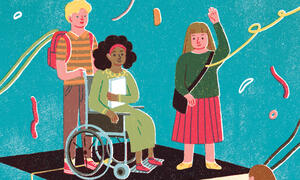
Disability Is Diversity

Confronting Ableism on the Way to Justice

Critical Practices for Social Justice Education
Fighting for Voting Rights and Education
The Voting Rights Act of 1965 (VRA) enabled millions of Black and other voters of color an opportunity to participate in our democracy. Ten years ago, on June 25, 2013, the U.S. Supreme Court decision in Shelby County v. Holder significantly weakened a key provision of the landmark VRA. These LFJ articles remind us of the struggle for voting rights and education and the powerful legacy of Freedom Summer 1964. As we confront current voter suppression and education censorship, let us continue the fight for justice in today's movement.
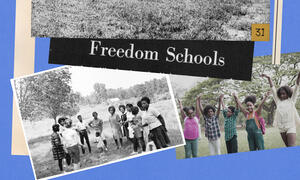
Freedom Schools for Today’s Justice Movement
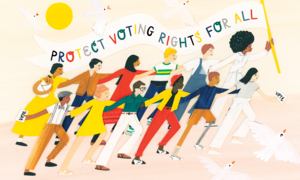
Connect Voting Rights History to Current Policies and Discourse
